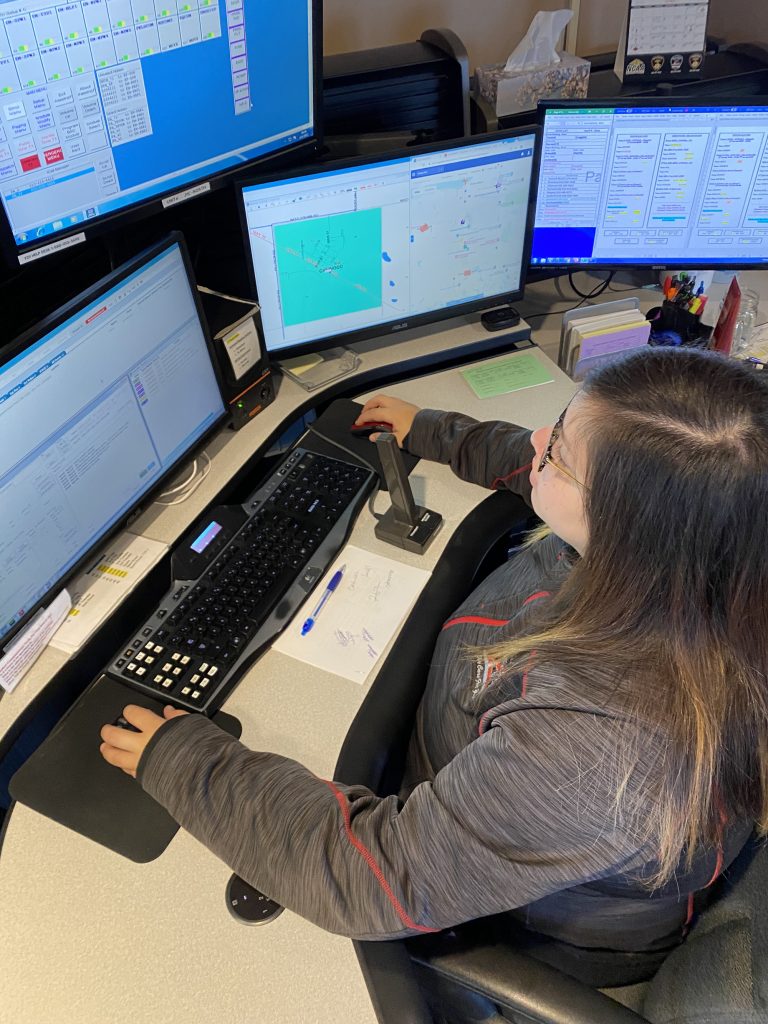
Ask Prince Albert paramedics what comes to mind when they think of Telecommunicators, and the first word they come up with is ‘coordination.’
Telecommunication teams at Parkland Ambulance’s medical communications centre are not only responsible for answering calls during a medical emergency, they also have to direct emergency crews to the right location. Sometimes they also have to make split-second decisions on whether paramedics need fire or police services to help out.
“Often people just think that the voice behind the phone has a really easy job to do,” Parkland Ambulance spokesperson Lyle Karasiuk said. “When really you stop and think about it, our medical communications centre here in Prince Albert has a very challenging, sometimes quite busy … role. (They) make sure that the right services are sent to you at the right time at the right place.”
Karasiuk said Telecommunicators have to be prepared to deal with anyone. That could include a child who phones 9-1-1 after finding a family member unconscious and badly injured following a slip and fall, or a tourist who sees a car crash outside the City, but isn’t familiar with the Prince Albert area.
There are also instances where someone will call for medical aid after a crime has taken place. In those cases, Karasiuk said, Telecommunicators need to be able to act quickly and confidently.
It’s a special skill that doesn’t get enough recognition.
“I think the general public sometimes takes them for granted,” he said. “On a call somebody says, ‘I need help’ but telecommunicators can hear banging or screaming, and have to make a decision on whether paramedics need to stand by so police can go in.”
Karasiuk said those skills are especially important during winter and spring when bad road conditions can make it difficult for paramedics to get to an emergency, especially when it’s outside City limits.
Sometimes, he said, residents can become frustrated as Telecommunicators ask questions, especially when it comes to the location of an emergency. He emphasized that if they’re asking about something, it’s important, so residents shouldn’t get frustrated.
“Those important directions that our telecommunications team can get will mean minutes saved for the responding paramedic crews to get there,” Karasiuk explained. “People need to understand when they call, as soon as (Telecommunicators) establish where you are, help is on the way, despite the fact that they have a lot of other questions to ask you. If you don’t know the answer to those questions, simply say, ‘I don’t know.’”
National Telecommunicators Week runs from April 9-15. The week recognizes the hard work and dedication of 9-1-1 call takes, dispatchers, and technicians.
Figures from the Saskatchewan Public Safety Agency show Saskatchewan Telecommunicators received more than 530,000 calls in 2022.
